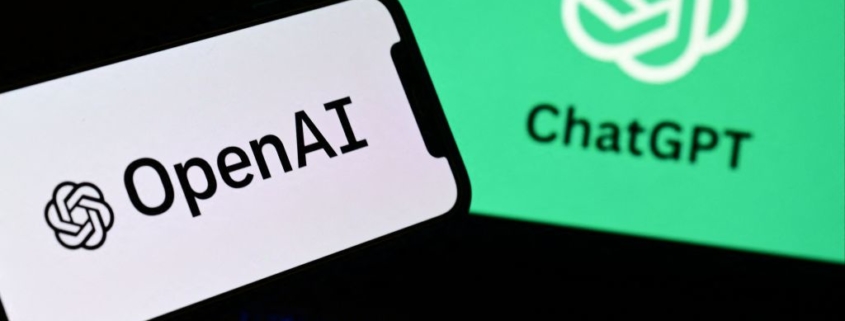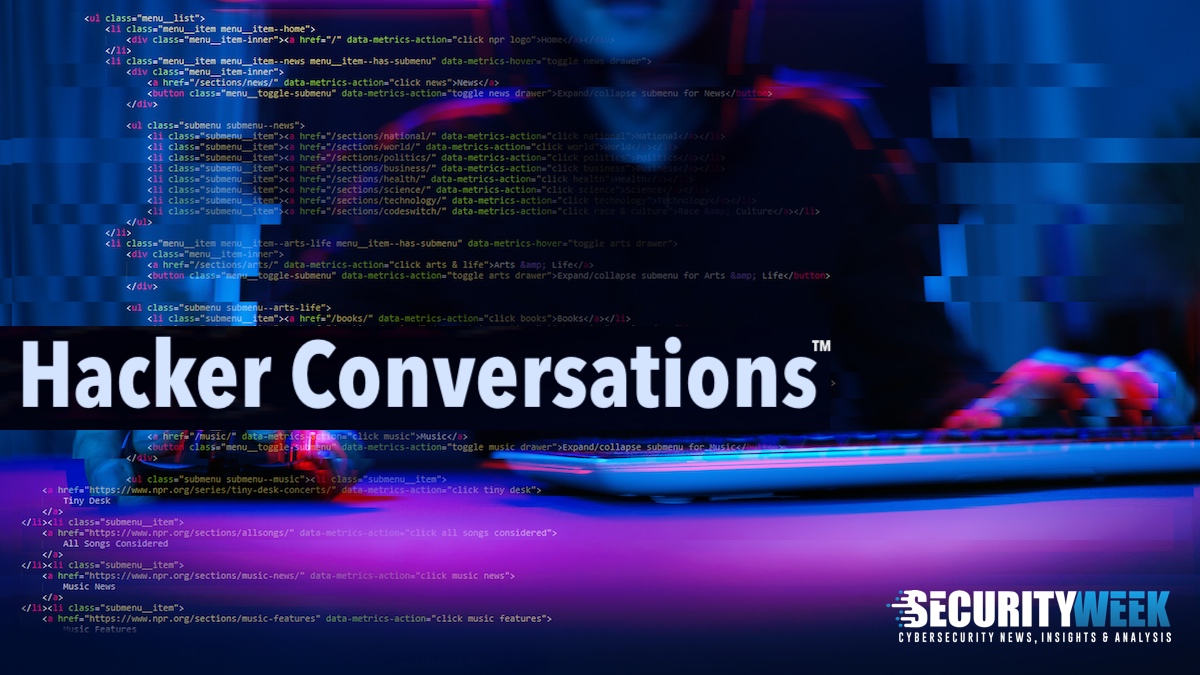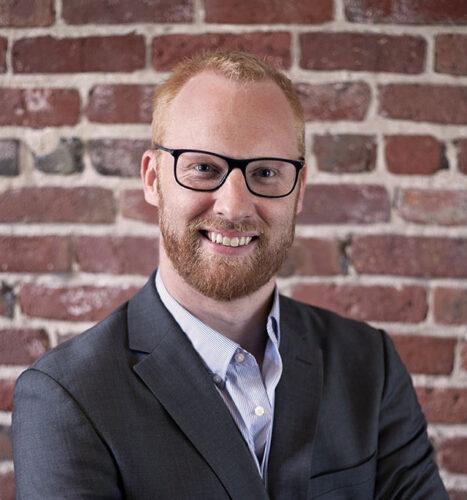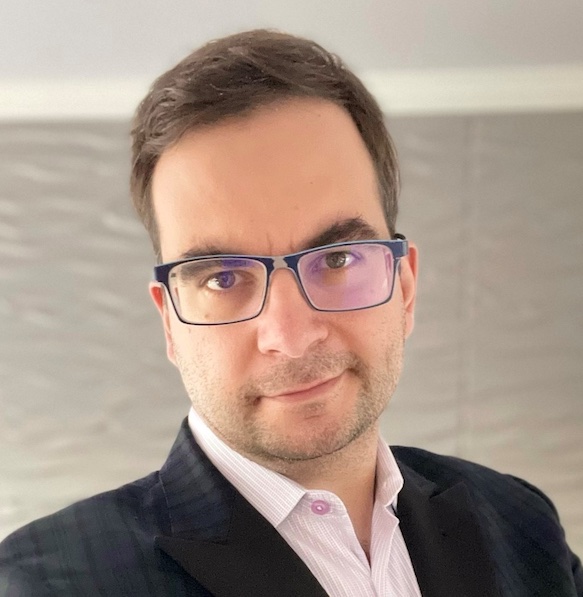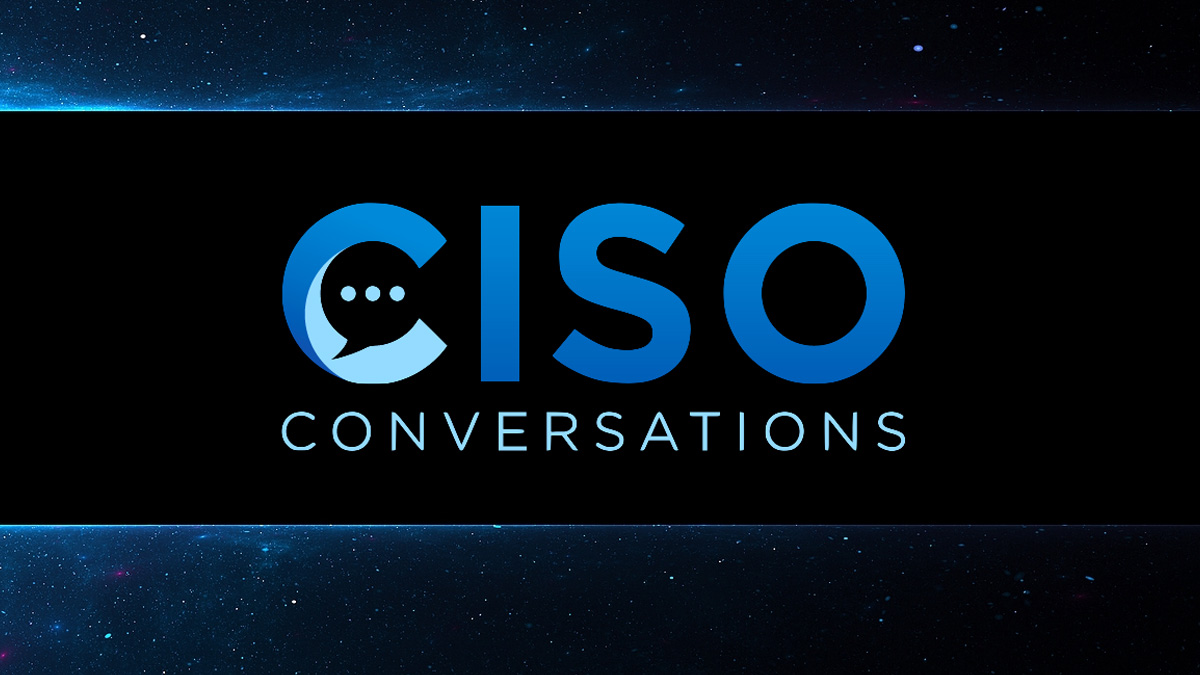OpenAI Security Head Suggests ChatGPT Can Decrypt Russian Hacking Group Conversations in Pentagon Event
ChatGPT‘s latest military use proves to be conversation decryption between hackers, as per OpenAI’s head of security, Matthew Knight, in the Pentagon‘s Advantage DoD 2024 event. Knight reportedly explained that the chatbot could decipher a cryptic conversation within a Russian hacking group, first reported by the Washington Post.
As explained by Knight, deciphering the conversation was a task that even their Russian linguist had difficulty with, but he claims that GPT-4 succeeded in doing so. The conversations between the hackers were reportedly in “Russian shorthand internet slang.” The showcase comes as a part of the Pentagon’s AI symposium showcasing viable uses of AI in the military.

(Photo : MARCO BERTORELLO/AFP via Getty Images)
A photo taken on October 4, 2023 in Manta, near Turin, shows a smartphone and a laptop displaying the logos of the artificial intelligence OpenAI research laboratory and ChatGPT robot.
Panel discussions at the symposium feature representatives from well-known tech companies besides OpenAI’s Knight, such as Dr. Scott Papson, Principal Solutions Architect of Amazon Web Services, and Dr. Billie Rinaldi, Responsible AI Division Lead of Microsoft’s Strategic Missions and Technologies Division.
The event proves to be a glimpse into the future uses of AI in the military. One was hinted at by the chief technology officer of Palantir Technologies and Pentagon contractor, Shyam Sankar. Samkar comments that using ChatGPT as a chatbot is a “dead end,” further noting that the technology will likely be used for developers and not for end users.
Read Also: China, Russia Agree to Coordinate AI Use in Military Technology
GPT-4 Uses on Military Intelligence
This is not the first time GPT-4’s use for deciphering cryptic messages was discovered, as a Microsoft Study claimed that similar practices have long been employed by state-backed hackers.
The study found that two hacking groups with ties to China are using AI to translate communication with targeted individuals or organizations as well as translate computer jargon and technical publications.
AI Military Use Concerns
The event also saw industry…
